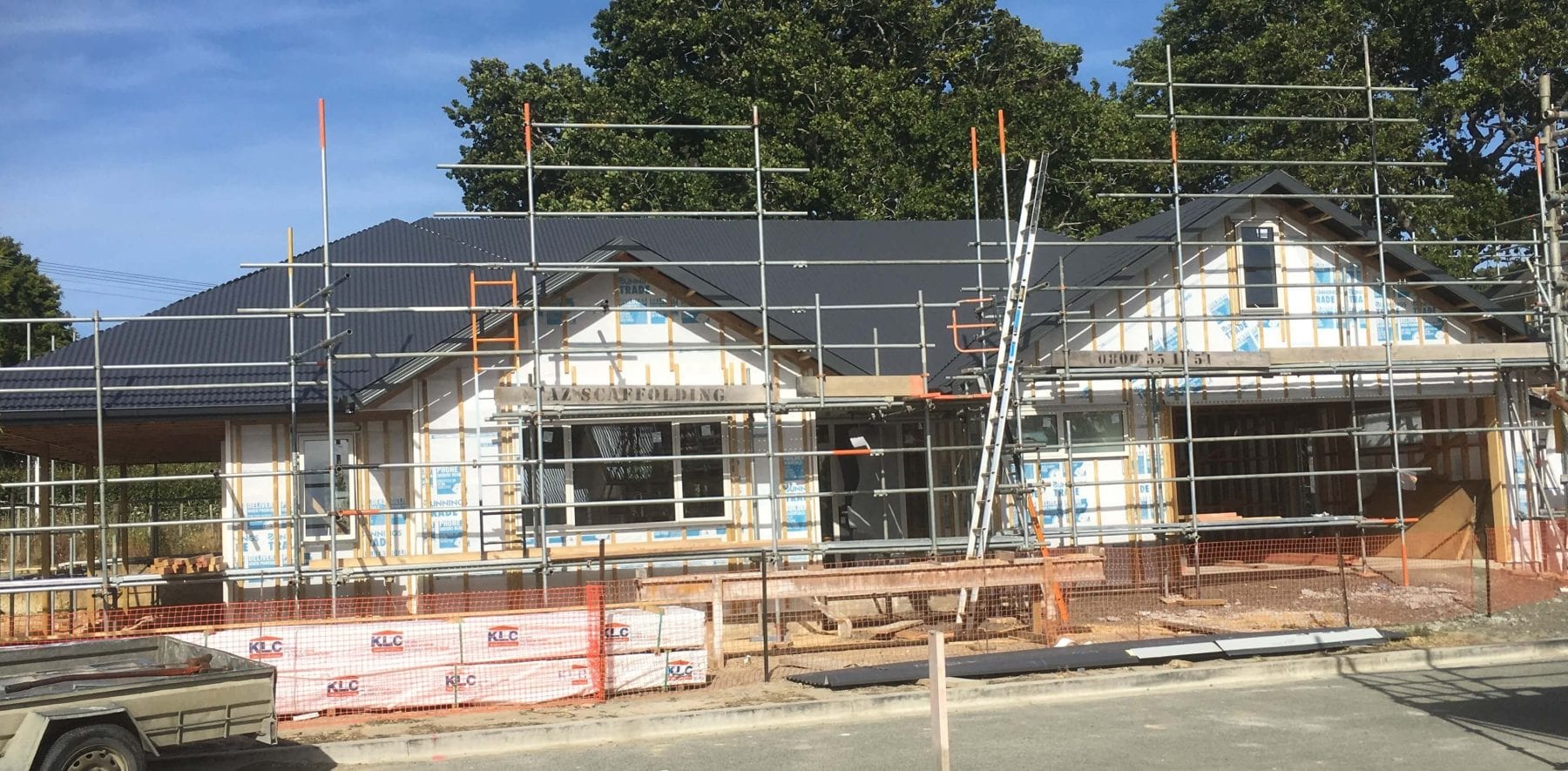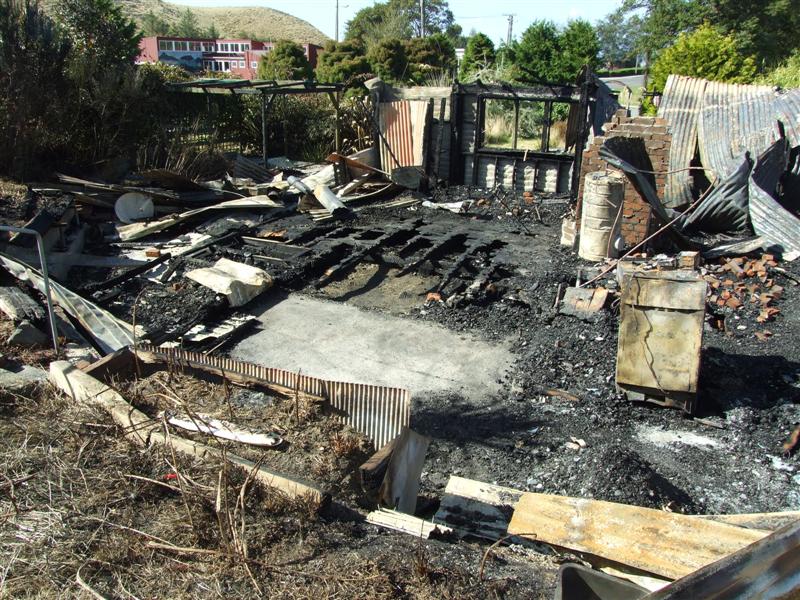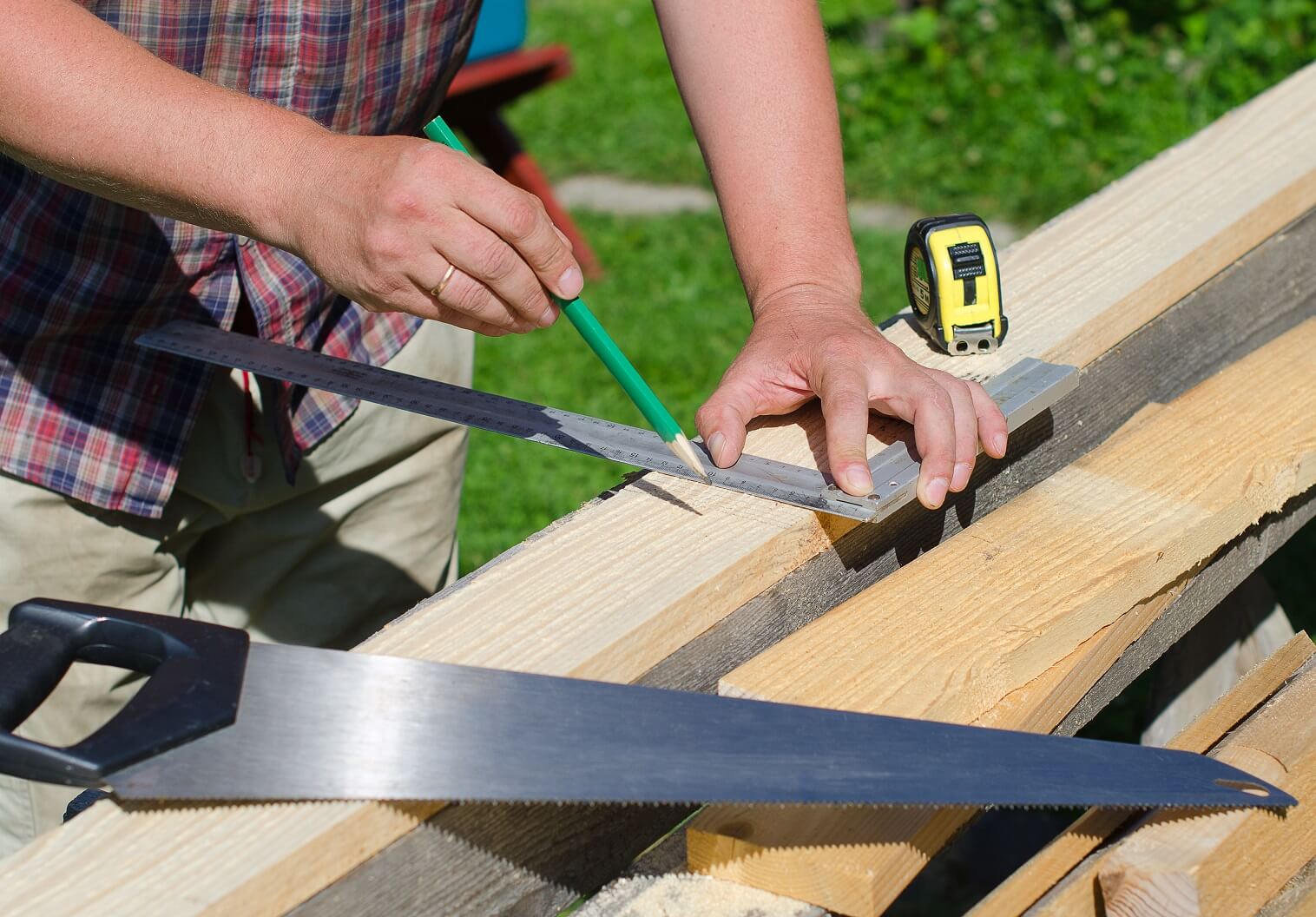As an apprentice working for a builder, hopefully on wages and not as a contractor, you have less to worry about than the business owner. But if your plan is to go out on your own one day it pays to have at least a basic understanding of the risks you will need to manage, and what sort of insurance package you might need.
On a building site everyone is conscious of risk, particularly when it comes to health and safety. It’s important to take that approach into other aspects of being a builder too.

Assets
As an apprentice you will be accumulating tools and it’ll probably surprise you how much it’ll cost to replace them if they’re stolen. Not only that, but if your employer is providing a tool allowance they aren’t going to be happy if your stuff has been pinched and you haven’t bothered to insure it. Theft of trade tools is a significant issue across the industry, so now is the right time to arrange insurance.
Step 1: Insure your tools for their full replacement (new for old) value. You can do this via an instant quote online at: www.builtin.co.nz/tools
Other risk reduction: are your tools engraved with your LBP or mobile number? Have you installed any tracking devices? Do you have photos of them or a list of all their serial numbers? Are they stored securely?
If you’re carting your tools around in your own personal vehicle you need to make sure that the vehicle is properly insured too. Some insurers will consider that to be business use and will expect it to be insured as a commercial vehicle. If your tools are stolen from your vehicle they won’t be covered by the vehicle insurance, so you still need separate tools cover.
Step 2: Check with your vehicle insurer if it is properly insured if you’re carrying your tools around in it.
Other risk reduction: Is it parked off the street? Is it always kept locked? Do you have an immobiliser, alarm, steering wheel lock? Don’t keep your tools in your vehicle overnight!

Contract Works
It is still surprising how many builders get this wrong. In basic terms, if you’re doing any building work it needs to be insured while the project is underway. Contract works insurance covers accidental damage or loss (such as theft) to the works under construction.
Small renovation works may be automatically covered by the homeowner’s house insurance, but larger alterations & additions (usually where there is structural work and/or a consent required) will need specific cover. The homeowner should arrange this with their existing insurer, but the builder should make sure it has been arranged properly.
The insurance for a new build is typically arranged by the builder, and it needs to be put in place before any work starts on site. Forgetting to do so, or delaying it, can make it very difficult to arrange. Any bank will require it before they release progress payments, so life will be very difficult if it hasn’t been put in place. Not to mention any damage being uninsured.
Step 3: Always have a written contract (preferably not one you have written yourself) and understand all its provisions. Ensure contract works insurance is arranged as required prior to work starting (and is extended if the project is delayed).

Liability
As a worker you will be covered by your employer’s liability insurance if you cause any accidental damage. If you’re a contractor but work full time for them you may also be covered by their policy, but that is not the case with all insurers, so you need to check. Generally, contractors should have their own insurance.
You won’t be covered by your boss’s policy if you’re doing your own private jobs on the weekend, or at other times when not working for your employer.
The most important policies to arrange are:
- Public/General Liability – covers you for accidental damage to someone else’s property.
- Statutory Liability – covers you for fines & penalties and associated legal costs for a breach of legislation. This includes WorkSafe prosecutions (only the legal costs though – not the fine), Building Act, Resource Management Act and Fair Trading Act.
- LBP Cover – in case there is a complaint to the LBP Board by a dissatisfied customer, or a problem with your Records of Work.
Step 4: Once you start taking on your own jobs you need to arrange liability insurance. Make sure it covers all the types of work you are likely to do.
Other risk reduction: Make sure you follow good business practices, systems and processes. Document everything. Have good people supporting you (eg. a business mentor, accountant, insurance broker).

Income & Financial Risk
If you became sick and couldn’t work for a period of time, what effect would this have on your income level? How would this affect your family? As a worker your employer pays ACC levies, which will cover your income if you’ve been injured in an accident. However, ACC only covers accidental injury, not illness, so you can’t rely on it for things like cancer, heart disease, diabetes, mental illness etc.
Step 4: Consider taking out income protection insurance.
In a Nutshell
There’s a lot more to running a business than being your own boss. Managing risk is a key responsibility of all business owners, which includes having the right insurance. Even as an apprentice you need to be thinking about managing risk. Insurance is just one part of a risk management plan though, alongside managing staff, having written contracts, good systems and processes and having the right professionals alongside you.
Disclaimer: This is just an overview of the most common areas of risk. You should conduct your own assessment of your specific needs, taking professional advice as required.
Builtin are New Zealand’s Construction Risk &Insurance Experts. For more information visit builtininsurance.co.nz, email Ben Rickard at [email protected] or call the team on 0800 BUILTIN.



